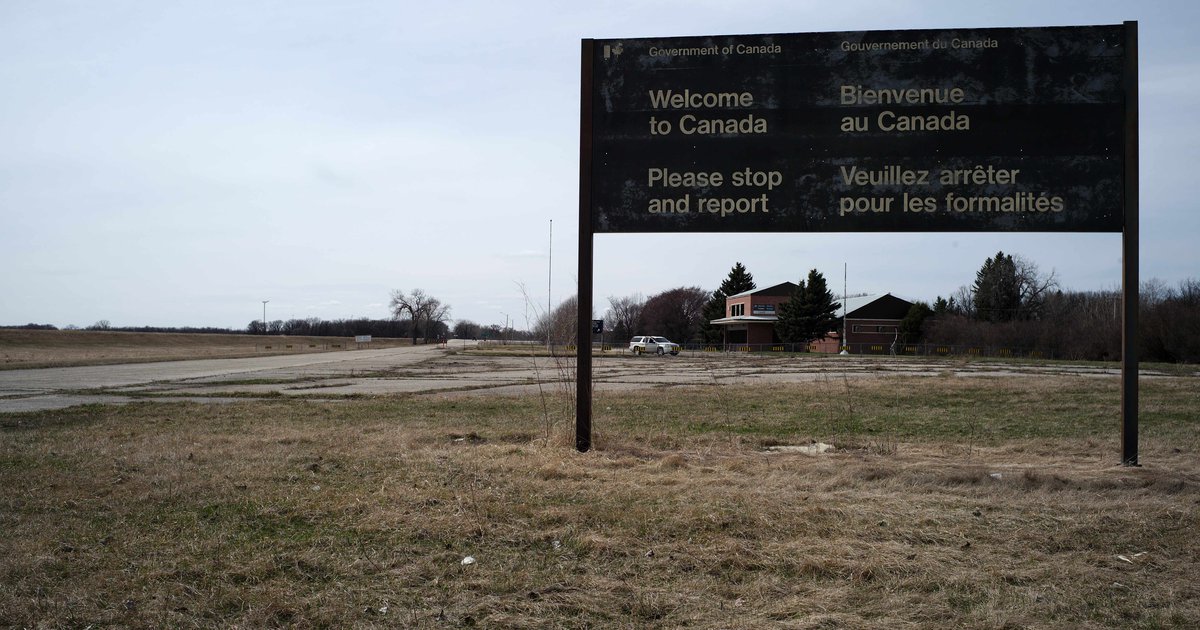
In addition, immediate family members of members of these classes will be admitted ‘for an essential purpose,’ if they obtain written authorization from Canadian immigration authorities. According to comparative data, Canada currently has the most expansive policy of any state regarding the admission of resident non-citizens and their families. In rough terms, the circle of inclusion is drawn around those for whom Canada is functionally ‘home’. The immediate family members of these resident non-citizens are potentially admissible, but must still justify their travel to Canada as ‘essential,’ a term whose interpretation will fall to the discretion of immigration officials.
The policy doubtless results in many families still facing separation, though perhaps to a lesser degree than in other countries. Why the relative openness? Over 20% of Canada’s population was born abroad, and immigration is written into the historic nation-building narrative. Even though non-citizens have no currency in the political marketplace, they are virtually represented by descendants of immigrants and naturalized citizens. It is plausible to suggest, without exaggeration, that creating some exception for the immediate family of those who have made Canada home was politically essential, even if not legally required.
When Prime Minister Trudeau first announced a suspension of inbound travel from other countries, the exception for travelers from the United States was portrayed as a glaring instance of irrational favoritism. But as the exception was narrowed to exclude tourists and ordinary business visitors, the reason became apparent: North American economic integration makes the traffic of goods (including food and health equipment) from the United States vital to Canadians. US truckers, with no legal status in Canada, become essential workers to Canada, and are exempted from the fourteen day quarantine period applicable to other border crossers.
American truckers are not the only non-citizens who have become economically essential to Canada. Canada admits thousands of seasonal agricultural workers each year to work in orchards, greenhouses and farms. This annual circulation is orchestrated through state-to-state agreements Canada signs with Mexico and Jamaica, as well as through private contracts. Most workers return year after year on work permits that tie them to particular employers for a stipulated duration. The work requires long hours of hard physical labour and is poorly paid. Respect for occupational health, safety and employment standards by employers is uneven, and exploitative practices by unscrupulous employers are all too common. It is labelled a seasonal program, but many of the programs operate virtually year-round, but the ritual of rotating workers out preserves the pretense that demand for the labour is time-limited.
In the initial iteration of the pandemic travel restrictions, seasonal agricultural workers were barred from entry, because no matter how long they actually work in Canada per year or cumulatively over many years, they are precluded from ‘residing’ in Canada. Their exclusion rekindled a familiar debate about the nature of the work. Although frequently denigrated as ‘unskilled labour,’ employers denied access to Mexican and Jamaican farm labour (ironically) insisted on recognition of the skill, speed, strength and efficiency of seasonal agricultural workers, capabilities that were not instantly replaceable with local labour. Employers reiterated the refrain that Canadians – even in the face of unprecedented COVID-19-induced unemployment rates – would not perform the arduous, low-paid work. Once again, the allegation that foreign workers steal Canadian jobs was decisively refuted. In order to sustain agricultural food production in Canada, seasonal agricultural workers became economically essential to Canada.
"really" - Google News
May 06, 2020 at 01:03PM
https://ift.tt/2WrGvUk
In Canada: who is really essential? - Open Democracy
"really" - Google News
https://ift.tt/3b3YJ3H
https://ift.tt/35qAk7d
Bagikan Berita Ini














0 Response to "In Canada: who is really essential? - Open Democracy"
Post a Comment